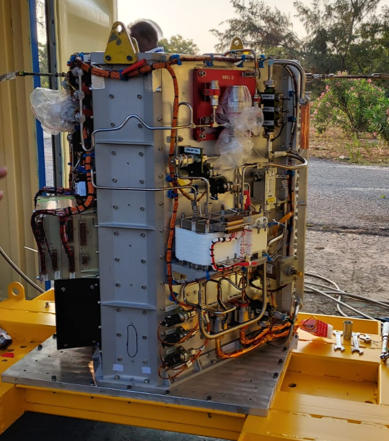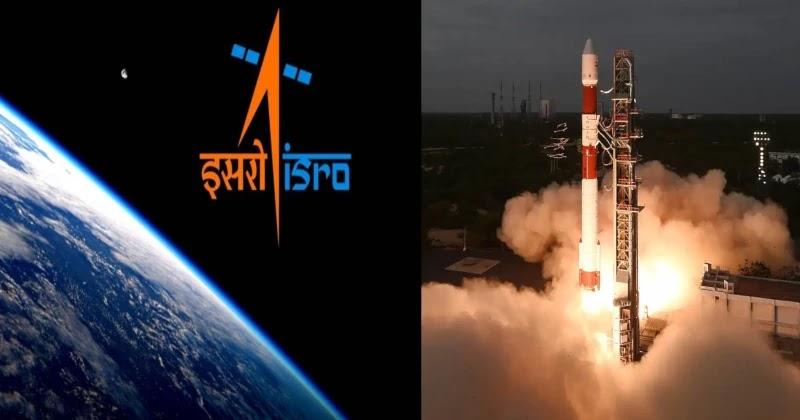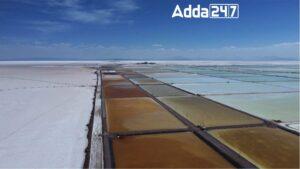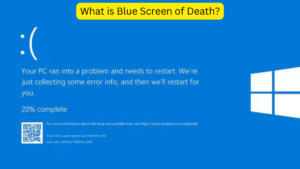On January 1, 2024, the Indian Space Research Organisation (ISRO) achieved a significant milestone by successfully testing a 100 W class Polymer Electrolyte Membrane Fuel Cell based Power System (FCPS) in its orbital platform, POEM3. This remarkable feat took place aboard the PSLV-C58 mission, marking a crucial step in the assessment of fuel cell technology for future space missions.
Objective of the Experiment
The primary objective of the experiment was to evaluate the operation of Polymer Electrolyte Membrane Fuel cells in the challenging environment of space. Additionally, the mission aimed to gather valuable data to inform the design of power systems for upcoming space endeavors.
Power Generation in Space
During the short-duration test onboard POEM, the FCPS generated 180 W of power by utilizing hydrogen and oxygen gases stored in high-pressure vessels. This successful test provided a wealth of data on the performance of various static and dynamic systems integrated into the power system, shedding light on the intricate physics at play.

Hydrogen Fuel Cells: A Game-Changer
Hydrogen fuel cells, employed in the FCPS, have the unique ability to produce electricity directly from hydrogen and oxygen gases. Unlike conventional generators that rely on combustion reactions, fuel cells operate on electrochemical principles, similar to batteries. This direct conversion process makes them highly efficient, emission-free, and ideal for space missions where power, water, and heat are essential.
Societal Applications of Fuel Cells
Beyond space exploration, fuel cells hold significant potential for societal applications. They emerge as a promising solution for replacing engines in various types of vehicles, offering comparable range and fuel recharge times to conventional engines. Their distinct advantages over batteries make them a potential game-changer in achieving emission-free transportation.
The FCPS and India’s Space Station
The FCPS payload tested in the POEM-3 experiment carries substantial implications for India’s proposed space station, expected to be operational by 2035. This power system, capable of producing both electricity and pure water, aligns perfectly with the essential requirements of a space station.
Mission Accomplishments: XPoSat and POEM-3
The successful launch of the PSLV-C58 mission also included the X-ray Polarimeter Satellite (XPoSat) mission. Alongside, the POEM-3 experiment aimed to fulfill the objectives of ten other payloads developed by start-ups, educational institutions, and various ISRO centers, including the FCPS.
Future Prospects: Dr. S. Unnikrishnan Nair’s Insight
Dr. S. Unnikrishnan Nair of the Vikram Sarabhai Space Centre (VSSC) highlighted the significance of payloads like FCPS during the POEM phase, emphasizing their potential applications in future space stations. The successful test paves the way for incorporating advanced power systems in upcoming space exploration missions.
Advancements in Battery Technology
In addition to the FCPS success, ISRO has also qualified 10 Ah Silicon–Graphite anode-based high-energy density Li-ion cells. This breakthrough offers a low-weight and low-cost alternative to current cells, showcasing ISRO’s commitment to advancing battery technology for space applications.
Important Questions Related to Exams
1. What was the primary objective of ISRO’s experiment with the Polymer Electrolyte Membrane Fuel Cell on POEM3?
A) Power generation
B) Data collection for future missions
C) Satellite communication
2. Apart from FCPS, what other technology did ISRO advance in battery development?
A) Nickel-cadmium cells
B) Silicon–Graphite anode-based Li-ion cells
C) Alkaline batteries
3. What mission accompanied the PSLV-C58 launch on January 1, 2024, besides POEM3?
A) Mars Orbiter Mission
B) Lunar Exploration Mission
C) X-ray Polarimeter Satellite (XPoSat) mission
Kindly share your responses in the comment section.



 Mankind Pharma Acquires Bharat Serums an...
Mankind Pharma Acquires Bharat Serums an...
 Discovery of Lithium Resources in Mandya...
Discovery of Lithium Resources in Mandya...
 What is Blue Screen of Death?
What is Blue Screen of Death?
